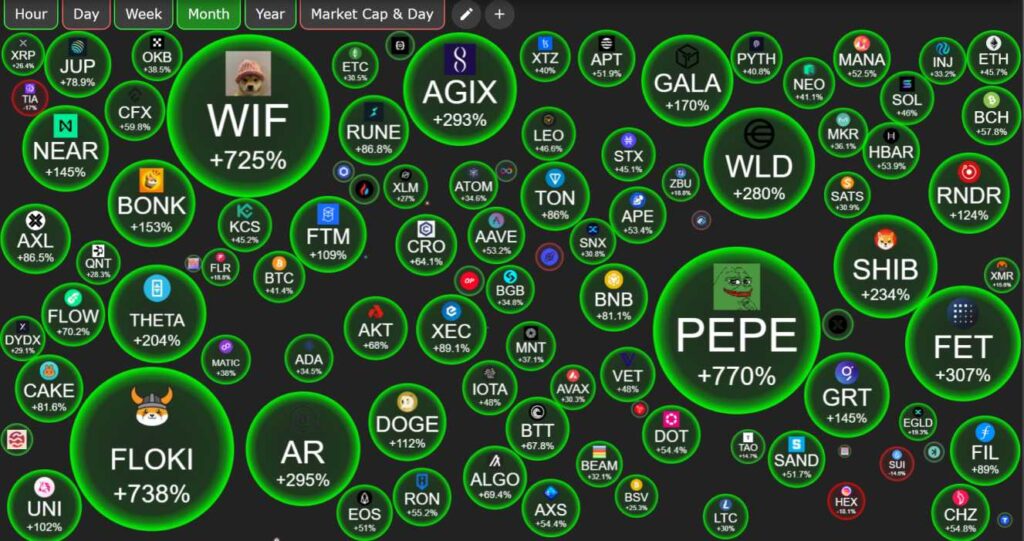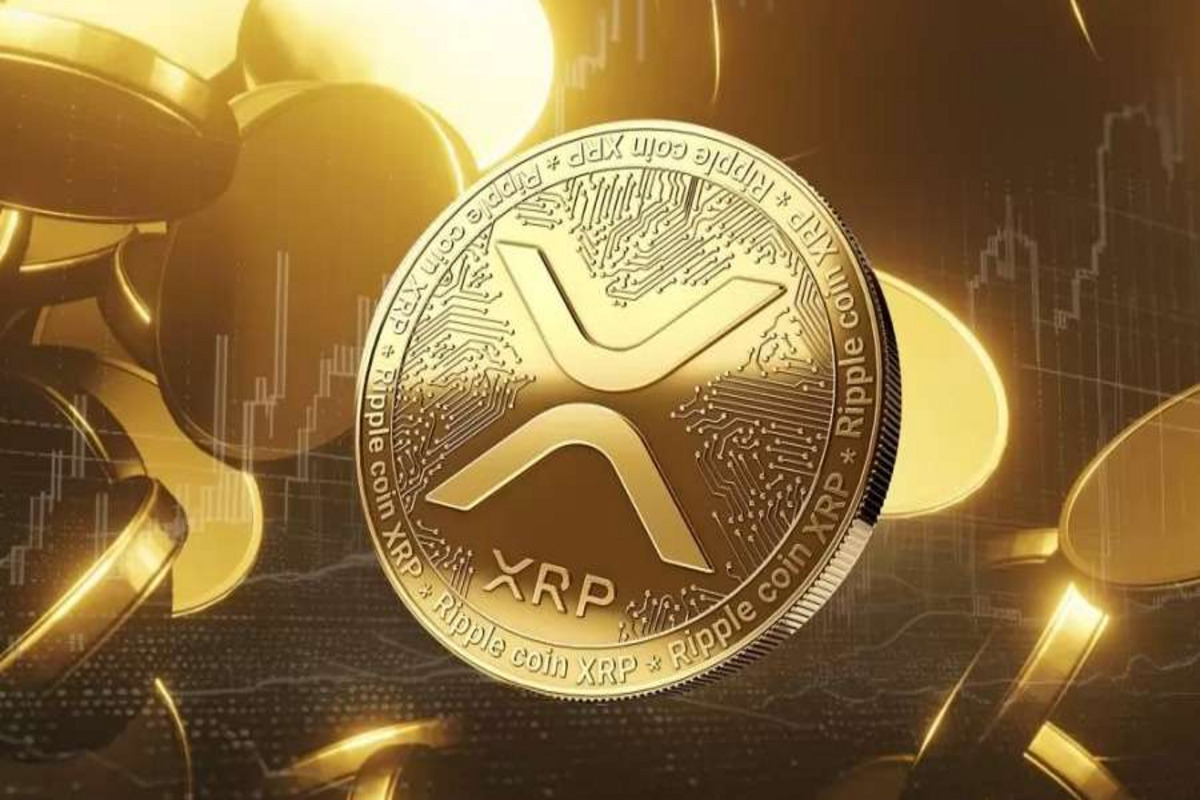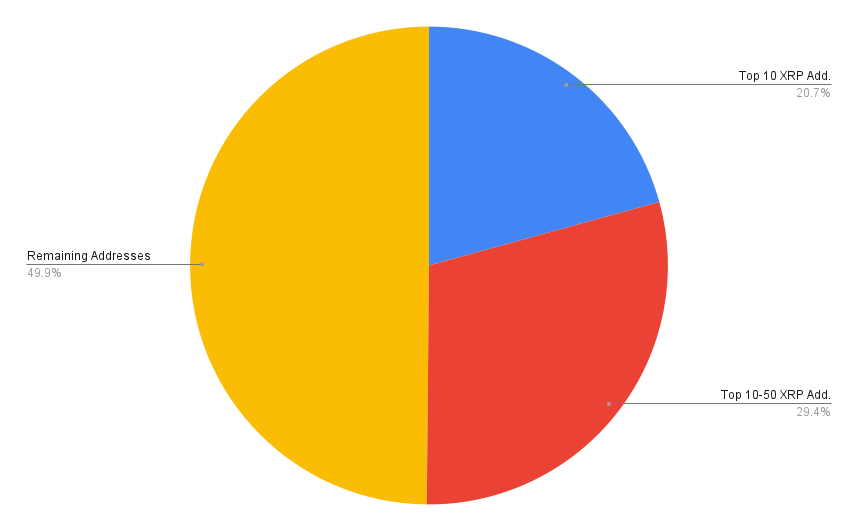The allure of instant Bitcoin transactions is undeniable, but the lack of verification raises crucial questions about security and legitimacy. This exploration delves into the intricacies of purchasing and sending Bitcoin without verification, examining the potential benefits and risks involved. We’ll explore various methods, platforms, and security concerns to help you navigate this potentially complex landscape.
Navigating the world of cryptocurrency can be daunting. This guide clarifies the process of buying Bitcoin instantly without verification, offering a practical and informative overview. We will analyze the methods, compare the risks, and provide crucial insights for informed decision-making.
Understanding Bitcoin Instant Purchase
Instant bitcoin purchases, a popular feature for many cryptocurrency users, offer the convenience of acquiring Bitcoin rapidly. This accessibility is often driven by the desire for quick access to the cryptocurrency, facilitating seamless integration into financial transactions or investment strategies. However, this speed comes with trade-offs in terms of cost and security, which users should carefully consider.The concept of “instant” bitcoin purchases is a bit of a misnomer.
While the transactions are processed very quickly, they don’t happen instantaneously. The term typically refers to methods that complete the purchase within minutes or a few hours, significantly faster than traditional bank transfer-based processes. These platforms often utilize various technologies to facilitate this speed, but users should remain aware that no method is completely instantaneous due to the underlying blockchain technology.
Methods for Instant Bitcoin Buying
Different platforms offer various methods for acquiring Bitcoin quickly. These methods vary in terms of required verification levels, fees, and the overall user experience. A common method involves using cryptocurrency exchanges or dedicated instant purchase platforms. Other options include using peer-to-peer (P2P) marketplaces and mobile wallets.
Comparison of Instant Purchase Platforms
Various platforms facilitate instant Bitcoin purchases, each with its unique characteristics. Some platforms prioritize speed and ease of use, while others might focus on lower fees or specific user demographics. Key factors to consider include the platform’s reputation, security measures, transaction fees, and the availability of customer support.
The Bitcoin Instant Purchase Process
The typical process involves initiating the purchase through a chosen platform, selecting the desired amount of Bitcoin, and providing the necessary payment information. Verification procedures may vary depending on the platform and the user’s account status. After the transaction is confirmed, the purchased Bitcoin is typically credited to the user’s account. It’s important to remember that the transaction completion time can fluctuate depending on network congestion and platform processing speeds.
Pros and Cons of Instant Bitcoin Purchase Methods
| Method |
Pros |
Cons |
Security |
| Cryptocurrency Exchanges (e.g., Coinbase, Kraken) |
Widely recognized, secure platforms with established reputations. Often offer a variety of other cryptocurrency services. |
Higher fees compared to some instant purchase platforms, might have more stringent verification requirements. |
High, with robust security measures typically implemented. |
| Dedicated Instant Purchase Platforms |
Typically lower fees, often faster processing times. May have less robust support compared to established exchanges. |
Potentially higher risk of scams or fraud if not dealing with a reputable platform. |
Security varies significantly; research is crucial to ensure reputable platforms are used. |
| Peer-to-Peer (P2P) Marketplaces |
Potentially lower fees, more direct interaction with sellers. |
Higher risk of scams and fraudulent activities. Verification procedures may not be as comprehensive. |
Security highly dependent on individual seller reputation and transaction protocols. |
| Mobile Wallets |
Convenience and accessibility, often integration with other financial apps. |
Security relies on the mobile device and the wallet’s security protocols. Transaction times may vary depending on the wallet’s capabilities. |
Security depends on device security and wallet features. |
Verification Procedures in Bitcoin Transactions
Bitcoin transactions, while often portrayed as decentralized and anonymous, rely on verification procedures for security and integrity. These procedures, although often streamlined, are crucial for preventing fraud and ensuring the validity of transactions. Understanding these processes is essential for both buyers and sellers navigating the digital asset landscape.Traditional Bitcoin purchases typically involve a multi-step verification process. This process aims to verify the identity of the buyer and seller, thereby mitigating risks associated with fraudulent activities.
The level of verification required can vary significantly depending on the platform and the transaction amount.
Typical Verification Procedures
Verification procedures in traditional Bitcoin purchases usually involve verifying the identity of the buyer and seller, which is crucial to mitigate risks associated with fraudulent activities. This can include identity checks, address verification, and transaction history review. Often, these checks are conducted through third-party platforms that are linked to the Bitcoin exchange or payment service.
The Concept of “Instant” Bitcoin Purchases Without Verification
“Instant” Bitcoin purchases without verification often bypass the traditional verification steps, focusing on speed over security. This approach may offer convenience, but it significantly elevates the risk of fraudulent activities. Such methods rely heavily on trust, potentially exposing users to scams, stolen funds, or malicious actors.
Potential Risks Associated with Skipping Verification Steps
Skipping verification steps in Bitcoin transactions exposes users to considerable risks. A lack of identity verification can lead to fraudulent activities like account hacking, phishing attacks, and money laundering. This is especially true for high-value transactions, where the potential for significant financial losses is higher. Furthermore, without verification, tracing the source of funds and holding perpetrators accountable becomes significantly more challenging.
Comparison of Verified vs. Unverified Bitcoin Purchase Methods
The table below highlights the key differences between verified and unverified Bitcoin purchase methods.
| Verification Level |
Security Measures |
Risks |
Transaction Speed |
| Verified |
Identity checks, address verification, transaction history review, potentially involving third-party platforms. |
Lower risk of fraud, greater transaction security. |
Slower, but more secure. |
| Unverified |
Minimal to no identity checks. Often relies on trust and peer-to-peer transactions. |
Higher risk of fraud, scams, and malicious actors. |
Faster, but significantly less secure. |
Bitcoin Purchase Platforms
Bitcoin purchase platforms have become increasingly popular as a means for acquiring Bitcoin without needing to navigate complex exchanges. These platforms streamline the process, often providing instant purchase options and user-friendly interfaces. This section explores various platforms, highlighting their features and the factors to consider when selecting one.Different Bitcoin purchase platforms cater to diverse needs and preferences. Some specialize in quick, seamless transactions, while others prioritize security or specific payment methods.
Understanding these distinctions can help users make informed choices about where to buy Bitcoin.
Categorization of Bitcoin Purchase Platforms
Bitcoin purchase platforms can be categorized based on several factors, including their transaction speed, security measures, and the types of payment methods they accept. Platforms offering instant purchases are often categorized as “instant purchase” or “peer-to-peer” platforms. These platforms frequently emphasize speed and ease of use, typically handling transactions in a matter of minutes. Other platforms might focus on specialized services, such as those for institutional investors or those that prioritize specific regulatory compliance standards.
Examples of Platforms Offering Instant Bitcoin Purchases
Several platforms facilitate instant Bitcoin purchases. Popular examples include Coinbase, Binance, and various peer-to-peer platforms like LocalBitcoins. These platforms often offer a range of payment options, and each has unique features and limitations that users should consider.
Features of Instant Purchase Platforms
Different platforms vary in the features they offer for instant purchases. Some key features to look for include:
- Payment Options: Platforms may support various payment methods, such as bank transfers, credit/debit cards, or even cryptocurrency transfers. Users should choose a platform compatible with their preferred payment method.
- Transaction Speed: Instant purchase platforms aim for rapid transactions. The speed of processing can differ significantly between platforms, and users should evaluate the typical transaction time.
- Security Measures: Security is paramount when dealing with cryptocurrency. Reputable platforms implement robust security measures to protect user funds and data. Look for features like two-factor authentication (2FA) and encryption protocols.
- Fees: Transaction fees are an important consideration. Fees can vary based on the platform, payment method, and transaction amount. Understanding the fees associated with instant purchases helps users make cost-effective choices.
Factors to Consider When Choosing a Platform
Choosing an instant Bitcoin purchase platform involves considering several factors:
- Transaction Speed: The time it takes to complete a transaction is a critical factor, especially for users requiring immediate access to Bitcoin.
- Security Measures: A platform’s security measures, including encryption, authentication protocols, and customer support, directly impact user safety.
- Payment Options: The availability of preferred payment methods is crucial for user convenience and accessibility.
- Fees and Charges: Transaction fees and any associated charges can significantly impact the cost of purchasing Bitcoin.
- Reputation and Reliability: The platform’s reputation and history of reliable transactions are essential considerations.
Reputation and Reliability of Platforms
Assessing a platform’s reputation and reliability is crucial. Researching user reviews, checking regulatory compliance, and evaluating the platform’s history are essential steps. Reputable platforms often have a strong track record of positive user experiences and compliance with relevant regulations. Platforms that have been in operation for an extended period and have a large user base tend to have established reliability.
Hypothetical Platform Usage Example (Coinbase)
Coinbase is a well-known platform offering instant Bitcoin purchases. To illustrate the process, let’s assume a user wants to purchase 1 Bitcoin. The user would typically:
- Log in to their Coinbase account.
- Navigate to the Bitcoin purchase section.
- Specify the desired amount (1 Bitcoin).
- Choose a payment method (e.g., debit card).
- Review the transaction details, including the transaction fees.
- Confirm the transaction.
The platform would then process the purchase and credit the user’s account with the acquired Bitcoin.
Related Information on “Buy Bitcoin”
Buying Bitcoin through traditional methods, like exchanges, offers a more established and regulated approach compared to instant purchase options. This process involves navigating established platforms, understanding transaction fees, and assessing security protocols. Understanding the differences between these methods is crucial for informed decision-making.
Traditional Bitcoin Purchase Methods (Exchanges)
Traditional Bitcoin exchanges are reputable platforms where users can buy Bitcoin using various payment methods, often linked to traditional financial systems. These platforms usually offer a range of security measures to protect user funds and transactions. The process typically involves account registration, verification, and funding the account with fiat currency (e.g., USD, EUR). Once funds are available, users can initiate a Bitcoin purchase order.
Comparison of Instant vs. Traditional Purchase Methods
Instant purchase methods, while appealing for their speed, often lack the robust regulatory oversight and security measures associated with established exchanges. Traditional methods provide a more regulated environment, but the process can take longer. The choice between these methods depends on individual priorities: speed versus security.
Role of Intermediaries in Bitcoin Transactions
Intermediaries, such as Bitcoin exchanges, act as a crucial link between buyers and sellers. They provide a platform for transactions, handle the technical aspects of cryptocurrency transfers, and often facilitate the conversion between fiat currencies and Bitcoin. These intermediaries play a vital role in the overall Bitcoin ecosystem, ensuring a smoother and more accessible trading environment.
Security Measures Employed by Reputable Bitcoin Exchanges
Reputable Bitcoin exchanges implement a multi-layered security approach. This often includes secure storage of funds in cold wallets (offline storage), multi-factor authentication (MFA), advanced fraud detection systems, and robust security audits to prevent unauthorized access and malicious activity. These measures are critical for maintaining user trust and protecting assets.
Benefits and Drawbacks of Purchasing Bitcoin Through Various Channels
Different purchase channels offer varying advantages and disadvantages. Direct peer-to-peer transactions can be quick but lack the established security of regulated exchanges. Using a Bitcoin exchange provides more robust security and a wider range of payment options but may involve higher transaction fees and longer processing times.
Transaction Fee Comparison
| Method |
Transaction Fee |
Time to Complete |
Security Rating |
| Peer-to-Peer (P2P) |
Variable, often low or no fees directly, but potential hidden fees in the transaction or platform fees |
Fast, typically minutes to hours |
Moderate, security depends heavily on the individual seller/buyer |
| Established Exchange |
Typically a percentage of the transaction value or a flat fee |
Variable, typically hours to days |
High, often audited and regulated |
| Instant Purchase (with verification) |
Variable, often higher than traditional methods |
Very fast, often instant or near-instant |
Low to Moderate, depends on the specific platform and verification process |
Note: Transaction fees and timeframes can vary significantly based on factors like the specific exchange, volume of transactions, and market conditions. Security ratings are a general assessment and can vary depending on the specific platform.
Potential Risks and Security Concerns
Instant Bitcoin purchases, while convenient, introduce unique security vulnerabilities. Users must be vigilant and understand the potential pitfalls to avoid financial loss. These risks are often associated with the speed and ease of the transaction process, tempting some to overlook critical security measures.The allure of immediate access to Bitcoin can unfortunately attract fraudulent actors. Sophisticated scams and platforms designed to exploit unsuspecting buyers are common in the online marketplace.
Therefore, recognizing the signs of fraudulent activities is crucial for protecting your investment.
Common Bitcoin Purchase Scams
Bitcoin scams often mimic legitimate platforms, using convincing websites and marketing strategies to trick users into revealing sensitive information or sending money. These fraudulent platforms may use deceptive tactics like fake testimonials, unrealistic promises of high returns, or aggressive marketing campaigns to lure victims. A key aspect of these scams is the emphasis on speed, leading victims to overlook the crucial step of verifying the legitimacy of the platform.
Indicators of Fraudulent Platforms
Identifying fraudulent instant Bitcoin purchase platforms requires a cautious approach. Look for platforms with poor or non-existent customer reviews. Red flags include sudden, rapid growth in popularity, inconsistent or vague information about the platform’s ownership, and a lack of transparency about their security measures. Unusually low prices or promises of exceptionally high returns should also be considered suspicious.
Be wary of platforms demanding immediate payment or requiring unusual forms of verification that deviate from standard practices.
Importance of Secure Practices
Secure practices are paramount when engaging in Bitcoin transactions. Always conduct thorough research on any platform before making a purchase. Never share your private keys or sensitive financial information with anyone. Verify the platform’s legitimacy through multiple independent sources. Avoid using unfamiliar or untrusted platforms, especially those offering instant purchase options.
Use reputable Bitcoin exchanges known for their security measures and strong regulatory compliance.
Examples of Security Breaches
Numerous security breaches have occurred in the cryptocurrency market, impacting users across various platforms. These incidents underscore the importance of vigilance and due diligence in all online financial transactions. For instance, phishing attacks that mimic legitimate platforms have successfully defrauded many investors. Scammers often create convincing copies of legitimate websites to steal personal information and funds. Also, insecure or poorly maintained platforms can be vulnerable to hacking, exposing user data and facilitating theft.
Importance of User Awareness and Caution
User awareness is crucial to mitigating risks associated with instant Bitcoin purchases. A critical understanding of common scams and the warning signs of fraudulent platforms is vital. Staying informed about security best practices and industry news regarding Bitcoin is key to navigating the digital landscape safely. Users should be cautious and exercise skepticism towards promises of high returns or easy access to large sums of money.
Tips to Avoid Scams
- Verify the platform’s legitimacy through independent research.
- Scrutinize the platform’s website for any inconsistencies or suspicious information.
- Look for platforms with a robust track record and a strong community presence.
- Be wary of unrealistic promises or offers of exceptionally high returns.
- Avoid platforms demanding immediate payment or unusual forms of verification.
- Never share your private keys or sensitive financial information with anyone.
Legal and Regulatory Aspects
Purchasing bitcoin without verification carries significant legal and regulatory implications, varying greatly across jurisdictions. Navigating these complexities is crucial for both buyers and sellers to avoid potential legal liabilities. The absence of verification procedures can expose individuals and businesses to risks associated with money laundering, terrorist financing, and other illicit activities.The legal landscape surrounding bitcoin transactions is dynamic and evolving rapidly.
Different countries have adopted varying approaches to regulating digital assets, impacting the permissibility of instant bitcoin purchases. This section explores the legal and regulatory hurdles, focusing on the potential liabilities and requirements for verification.
Legal Implications of Unverified Bitcoin Purchases
The lack of verification in bitcoin transactions raises serious legal concerns. Unverified purchases can facilitate illicit activities like money laundering and the financing of terrorism. The potential for misuse increases with the speed and ease of instant transactions. Jurisdictions often impose stringent regulations to combat these activities, including requirements for verifying the identities of buyers and sellers.
Regulatory Frameworks for Bitcoin Transactions
Regulatory frameworks for bitcoin transactions vary significantly across countries. Some regions have implemented comprehensive regulations, while others have adopted a more laissez-faire approach. The regulations often include stipulations on record-keeping, reporting requirements, and customer due diligence. This creates a diverse and often confusing legal landscape for participants in the bitcoin market.
Potential Legal Liabilities in Instant Bitcoin Purchases
Instant bitcoin purchases, without proper verification, can lead to substantial legal liabilities. Failing to comply with KYC (Know Your Customer) regulations, for example, can expose individuals and businesses to penalties, fines, and even criminal charges. These liabilities can vary significantly depending on the specific jurisdiction and the nature of the transaction.
Legal Requirements for Identity Verification in Bitcoin Purchases
Legal requirements for verifying identities when purchasing bitcoin are crucial to combat financial crime. These requirements typically involve verifying the buyer’s identity through various methods, such as government-issued identification documents and address verification. The specifics of these requirements are often determined by the relevant regulatory bodies in each jurisdiction.
Comparison of Legal and Regulatory Aspects Across Regions
The legal and regulatory landscapes surrounding bitcoin vary considerably across regions. Countries with established financial regulations often have more stringent rules for bitcoin transactions, demanding higher levels of verification and compliance. Conversely, regions with less developed regulatory frameworks might have fewer restrictions, potentially increasing the risk of illicit activities.
Table: Legal Landscape Surrounding Instant Bitcoin Purchases
| Country |
Legal Status |
Regulations |
Enforcement |
| United States |
Evolving |
Varying by state; some states have specific regulations, others have less defined regulations. |
Enforcement by various agencies, including the Financial Crimes Enforcement Network (FinCEN). |
| United Kingdom |
Evolving |
FCA (Financial Conduct Authority) has issued guidance on cryptoassets. |
FCA and other relevant authorities enforce regulations. |
| European Union |
Evolving |
MiCA (Markets in Crypto-Assets) Regulation provides a framework for cryptoasset markets. |
Enforcement varies across EU member states. |
| China |
Restrictive |
Bitcoin and other cryptocurrencies are not recognized as legal tender. Regulations often limit or prohibit trading and use. |
Strict enforcement by Chinese authorities. |
| Japan |
Generally supportive |
Japan has implemented regulations that recognize and regulate cryptocurrencies. |
Enforcement by the FSA (Financial Services Agency). |
Concluding Remarks
In conclusion, purchasing Bitcoin instantly without verification presents a compelling but potentially risky proposition. While speed and ease are enticing, the absence of verification significantly increases the chance of scams and fraud. Thorough research, careful consideration of the risks, and adherence to secure practices are paramount. This comprehensive guide aims to empower you with the knowledge necessary to make informed choices in the exciting but complex world of cryptocurrency.
Answers to Common Questions
What are the common methods for instant Bitcoin purchases?
Several platforms facilitate instant Bitcoin purchases, employing various methods like peer-to-peer transactions, specific exchange platforms, and possibly even certain payment services. However, these methods often lack the robust verification processes of traditional exchanges.
What are the potential risks of purchasing Bitcoin without verification?
The absence of verification procedures dramatically increases the risk of scams, fraudulent platforms, and the potential loss of funds. The lack of buyer/seller verification makes tracing the source of the Bitcoin and reclaiming lost funds significantly more difficult.
What are some red flags to look for when using platforms for instant Bitcoin purchases?
Be wary of platforms promising extremely low fees, exceptionally fast transactions, or an absence of any verification process. Look for reputable reviews and seek out platforms with secure payment gateways and strong user protection policies.
Are there any legal implications for buying Bitcoin without verification?
Regulations surrounding Bitcoin transactions vary significantly by jurisdiction. Some regions may not have specific rules regarding instant purchases without verification, while others may have stricter requirements. It is crucial to research the legal landscape in your specific region before engaging in any transaction.



















